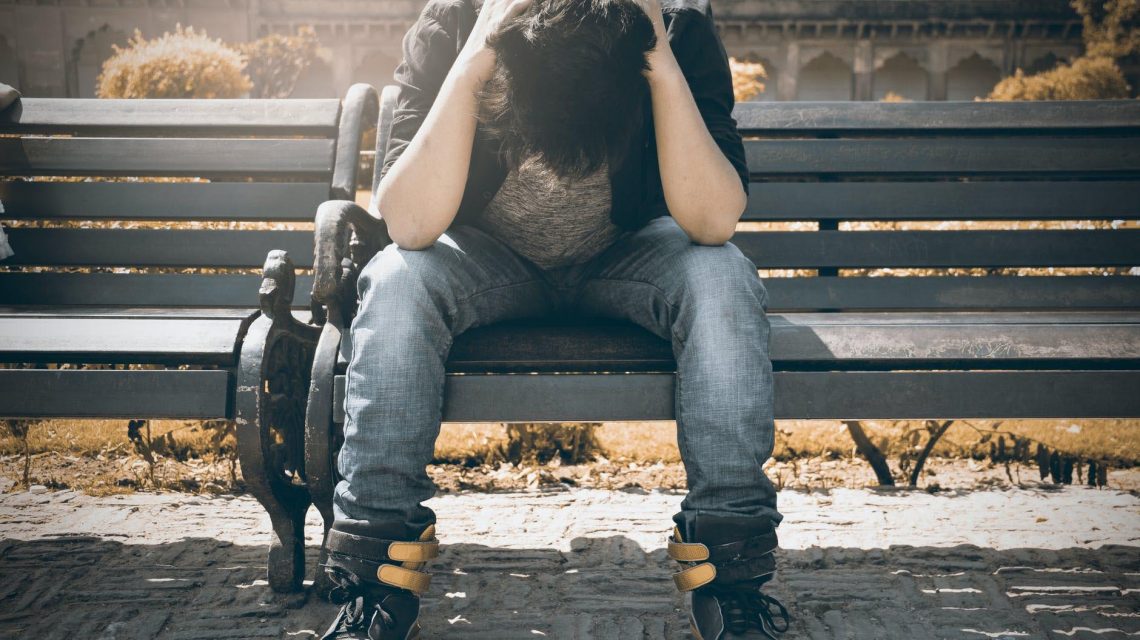Anxiety finds all of us at some point or another. For children and teens, this can be even more disruptive to their everyday lives. Teens experience heightened emotions regularly throughout adolescence and while growing up.
Today more than ever before, teens are constantly surrounded by their peers whether in person or on their phones. Socially, teens are more involved with their friends constantly through the use of the internet and social media. This can add a lot of extra stress when it comes to fitting in during these formative years.
Not to mention that school can provide its own host of stressors. These include class presentations, overly long standardized tests, group projects, online zoom meetings, and so much more.
Teen Therapy as a Solution
The stigmas that surround mental illness have existed as long as anyone can remember. However, more recent generations have been taking a stand to stamp out those stigmas in greater numbers. Today’s teens tend to value mental well-being more than most of the generations that come before them.
This is critical since today, more than 1 in 5 adults in the U.S. will experience mental illness. When it comes to teens, at least 17% will experience a mental health disorder! And as if that wasn’t enough to remove any doubts about teens’ experiences with mental illness, over 50% of all lifetime mental illnesses begin by age 14. 
When it comes to teens experiencing mental illness, only 50% of those diagnosed get help in the form of treatment. So, we know that a large portion of teens are impacted by mental illness and that, from that portion, a smaller group is formally diagnosed. Additionally, of that group, only 50% actually find help and treatment. The question is: why are teens resistant to therapy?
Stigmas Still Exist
It turns out, despite efforts to remove stigmas around finding help for mental well-being, most teens are reluctant when it comes to treatment. A lot of teens feel reluctant to attend therapy sessions, even when encouraged by peers or family because the understanding of therapy is still vague and stereotypical.
When most of us think of therapy, we will start to imagine a room with a long chaise and an upright office chair where we will sit with someone as they ask us repeatedly “and how did that make you feel?”. The truth is that meeting with a therapist is a vastly different experience, especially one trained to utilize up-to-date practices. Sometimes a teens only experience comes from meeting with their school counselor.
School counselors are a great resource for teens and can provide some really informative insight to parents who may be ready to seek help but aren’t sure how to approach their parents. That all being said, a school counselor won’t replace having a therapist to talk to on a regular basis.
 Aside from stigmas surrounding seeking care, teens today may also be more open with their friends about mental health. This can be good, but can also have some unexpected negative consequences. On one hand, speaking about their experiences with depression and anxiety with people they feel “get it” can provide a sense of comfort and self. On the other hand, these friends may also not be in treatment and they may feel that if their friend doesn’t “need” treatment, then they shouldn’t either.
Aside from stigmas surrounding seeking care, teens today may also be more open with their friends about mental health. This can be good, but can also have some unexpected negative consequences. On one hand, speaking about their experiences with depression and anxiety with people they feel “get it” can provide a sense of comfort and self. On the other hand, these friends may also not be in treatment and they may feel that if their friend doesn’t “need” treatment, then they shouldn’t either.
There is a distinct importance of therapy for teens and young adults. As the parent of a teen in Texas, it is important to know there are ways to combat the stigma of treatment and to find your child the treatment that they need.
Remind Them: “You Are Not Alone”
We say that “everything is bigger in Texas!” and when it comes to mental health issues for teens, it seems that it is. Within the Lone Star state, 34% of teens in high school have experienced depression symptoms. 18% of teens in Texas have considered attempting suicide, while 5% of them have actually made an attempt.
Mental illness is a deeply personal struggle teens are too often trying to face alone. It is time to stop caving to stigmas and start paying attention to the needs of our teens. It is time to find a therapist for your teen so they can get the support they need.
We can help here at Bricolage Behavioral Health. Don’t wait! Talk to your teen and then talk to us. Call Bricolage Behavioral Health for a Mental Health Assessment for Your Child or Teen Today: 469-968-5700.



